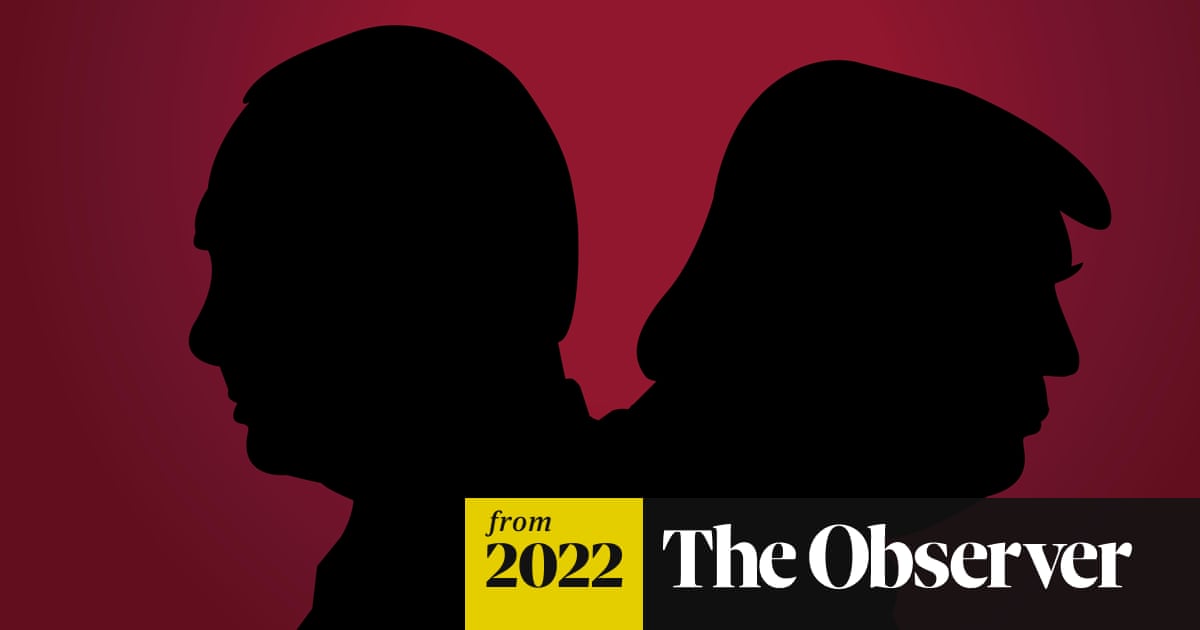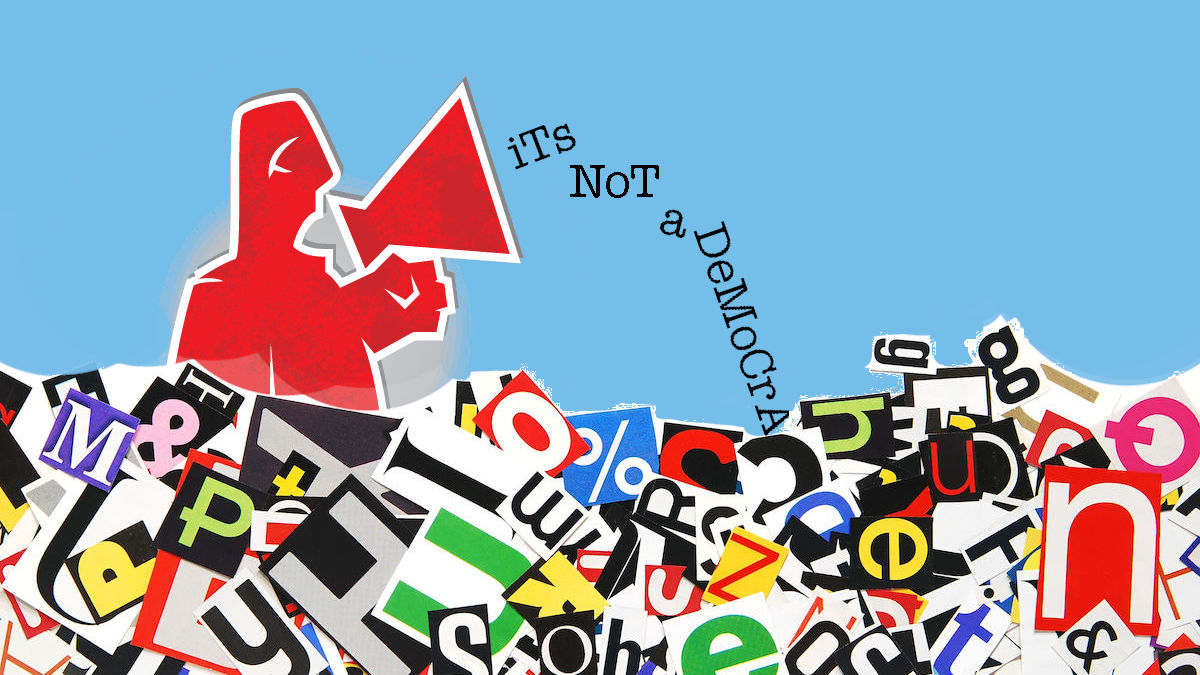Red
Well-Known Member
Hahaha…
View: https://m.youtube.com/watch?v=M_w3_-2JfZc
Recognizing demagogues may require an educated citizenry:

Our very own demagogue. He loves the poorly educated, as do most demagogues:
View: https://m.youtube.com/watch?v=Vpdt7omPoa0
I guess we’re in troubled waters…

 www.theguardian.com
www.theguardian.com
View: https://m.youtube.com/watch?v=M_w3_-2JfZc
Recognizing demagogues may require an educated citizenry:

The Virtue of an Educated Voter - The American Scholar
The Founders believed that a well-informed electorate preserves our fragile democracy and benefits American society as a whole
theamericanscholar.org
Our very own demagogue. He loves the poorly educated, as do most demagogues:
View: https://m.youtube.com/watch?v=Vpdt7omPoa0
I guess we’re in troubled waters…

The Age of the Strongman by Gideon Rachman review – democracy muscled out?
This chilling examination of how the growing popularity of autocrats and their aspirants could upend western liberal values is forceful and timely
Last edited:




